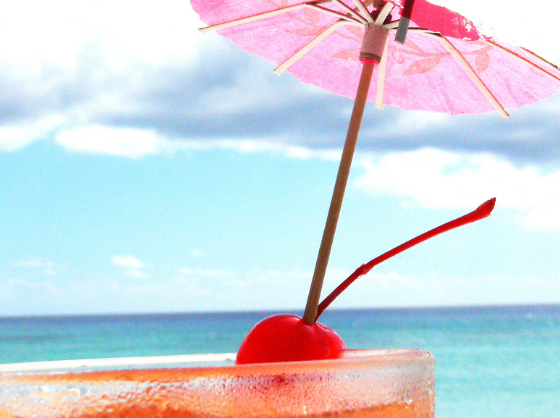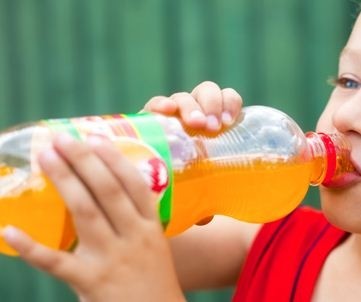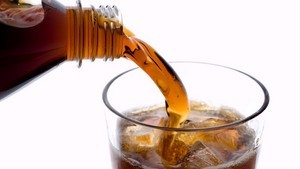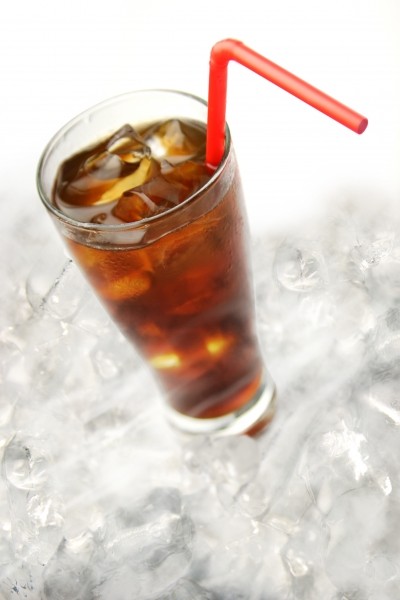BUT ABA OBSERVES THAT ASSOCIATION NOT THE SAME AS CAUSATION
Study suggests drinking sugar-sweetened soda heightens kidney stone risk

That’s the conclusion drawn by a new study published in the Clinical Journal of the American Society of Nephrology, which investigated the association between different soda types (sugar sweetened or artificially sweetened cola and non cola) and kidney stone incidence in subjects without a history of nephrolithiasis.
Dr Pietro Manuel Ferraro and colleagues also assessed the association between other types of beverages and the risk of kidney stones, and lead author Ferraro told BeverageDaily.com how significant he believed his team’s research was.
“A number of studies have looked at the association between consumption of certain types of beverages and the risk of developing kidney stones,” he explained.
“However, our study is the largest prospective study to analyse the association while taking into account an extended range of potential confounders. We were also able to examine more than 20 beverages simultaneously.”
Coffee, tea, wine, beer, orange juice reduce risk…
Introducing their study, the team said that all fluids may not be equally beneficial for reducing the risk of kidney stones, and it was unclear whether sugar and artificially sweetened soda increased the risk.
Analysing 194,095 male and female health professionals over a median follow-up of more than eight years, who recorded their beverage use in 1986 and 1991 using a food frequency questionnaire
Ferraro et al. recorded 4462 incident cases, and said there was a 23% higher risk of developing kidney stones in those drinking one of more sugar-sweetened cola servings per day, as opposed to those consuming less than one serving per week.
They also found a 33% higher risk of developing kidney stones for artificially sweetened non-cola (based on the same serving levels) and an 18% higher risk for punch, but an inverse relation for artificially sweetened colas.
Conversely, the team found an association between higher consumption of caffeinated coffee (one or more cups per day) and a 16% lower risk of developing kidney stones, and the same for tea (11%) wine (31-33%), beer (41%) and orange juice (12%).
Introducing their study, Ferraro et al. noted the pain and suffering associated with kidney stones, and said associated medical costs exceeded $2bn annually in the US, discounting additional costs due to missed work.
While increasing fluid intake was an accepted method for reducing the recurrence of kidney stones, the team said their study showed that not all types of fluid were equally beneficial.
Higher sugar-sweetened soda consumption was associated with a higher incidence of kidney stones, Ferraro et al. added, “which may be because of the fructose content”.
'Association not the same as causation': American Beverage Association (ABA)
Fructose had been shown to increase the urinary excretion of calcium, oxalate and uric acid, they said, thus increasing the risk of stones, however orange juice is also rich in potassium citrate, which reduced the risk of stone formation by increasing citraturia, with citrate perhaps offsetting the effects of fructose.
The presence of phytochemicals in tea with potent antioxidant properties such as chlorogenic acids may explain the reduced risk of stones, while the caffeine therein reportedly increased diuresis moderately – as did alcohol in wine and beer – together with the excretion of magnesium, potassium, calcium and sodium.
Ferraro et al. said the study’s strengths included the fact that it involved a prospective analysis of three large and well-characterized cohorts, each with 16+ years of follow-up, with estimates adjusted for a large number of potential confounders.
“As for all observational studies, the possibility that the observed association might be driven by other factors cannot be completely ruled out,” Ferraro told BeverageDaily.com.
However, even after adjusting their analysis for a large number of factors that might confound the association, it was still present, he added.
But in a comment sent to BeverageDaily.com, the American Beverage Association (ABA) said: “This paper does not establish that drinking soda or other beverages causes an increased risk of kidney stones. The authors acknowledge that they looked at association, which is not the same as causation.
"Furthermore, risk factors for developing kidney stones include gender, ethnicity, family history and inadequate fluid intake, according to the National Institutes of Health.”
Title: ‘Soda and other beverages and the risk of kidney stones’
Author: Ferrraro, P.M, Taylor, E.N, Gambaro, G., Curhan, G.C.
Source: Clinical Journal of the American Society of Nephrology, Vol. 8, August 2013, published online ahead of print, May 15, doi:10.2215/CJN.11661112










